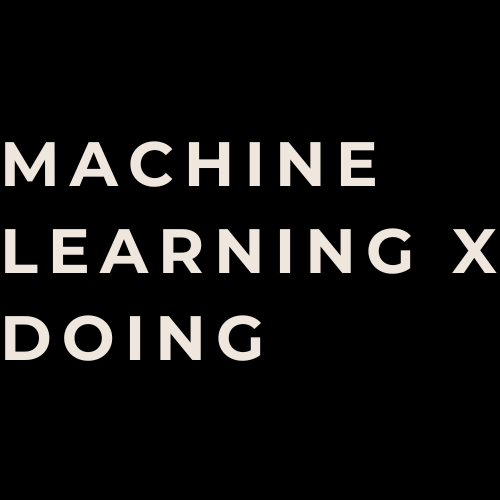Edmond Awad, Sydney Levine, Michael Anderson, Susan Leigh Anderson, Vincent Conitzer, M. J. Crockett, Jim A.C. Everett, Theodoros Evgeniou, Alison Gopnik, Julian C. Jamison, Tae Wan Kim, S. Matthew Liao, Michelle N. Meyer, John Mikhail, Kweku Opoku-Agyemang, Jana Schaich Borg, Juliana Schroeder, Walter Sinnott-Armstrong, Marija Slavkovik, and Josh B. Tenenbaum.
Trends in Cognitive Sciences
- The past 15 years have seen an increased interest in developing ethical machines; manifested in various interdisciplinary research communities (under the umbrella term ‘AI ethics’). Less represented in these interdisciplinary efforts is the perspective of cognitive science.
- We propose a framework – computational ethics – that specifies how the ethical challenges of AI can be addressed better by incorporating the study of how humans make moral decisions.
- As the driver of this framework, we propose a computational version of reflective equilibrium.
- The goal of this framework is twofold: (i) to inform the engineering of ethical AI systems, and (ii) to characterize human moral judgment and decision-making in computational terms.
- Working jointly towards these two goals may prove to be beneficial in making progress on both fronts.
Edmond Awad, Sydney Levine, Michael Anderson, Susan Leigh Anderson, Vincent Conitzer, M.J. Crockett, Jim A.C. Everett, Theodoros Evgeniou, Alison Gopnik, Julian C. Jamison, Tae Wan Kim, S. Matthew Liao, Michelle N. Meyer, John Mikhail, Kweku Opoku-Agyemang, Jana Schaich Borg, Juliana Schroeder, Walter Sinnott-Armstrong, Marija Slavkovik, and Josh B. Tenenbaum (2022). "Computational ethics." Trends in Cognitive Sciences, Volume 26, Issue 5, Pages 388-405. Cell Press.
Copyright © 2022 The Authors. All Rights Reserved.

